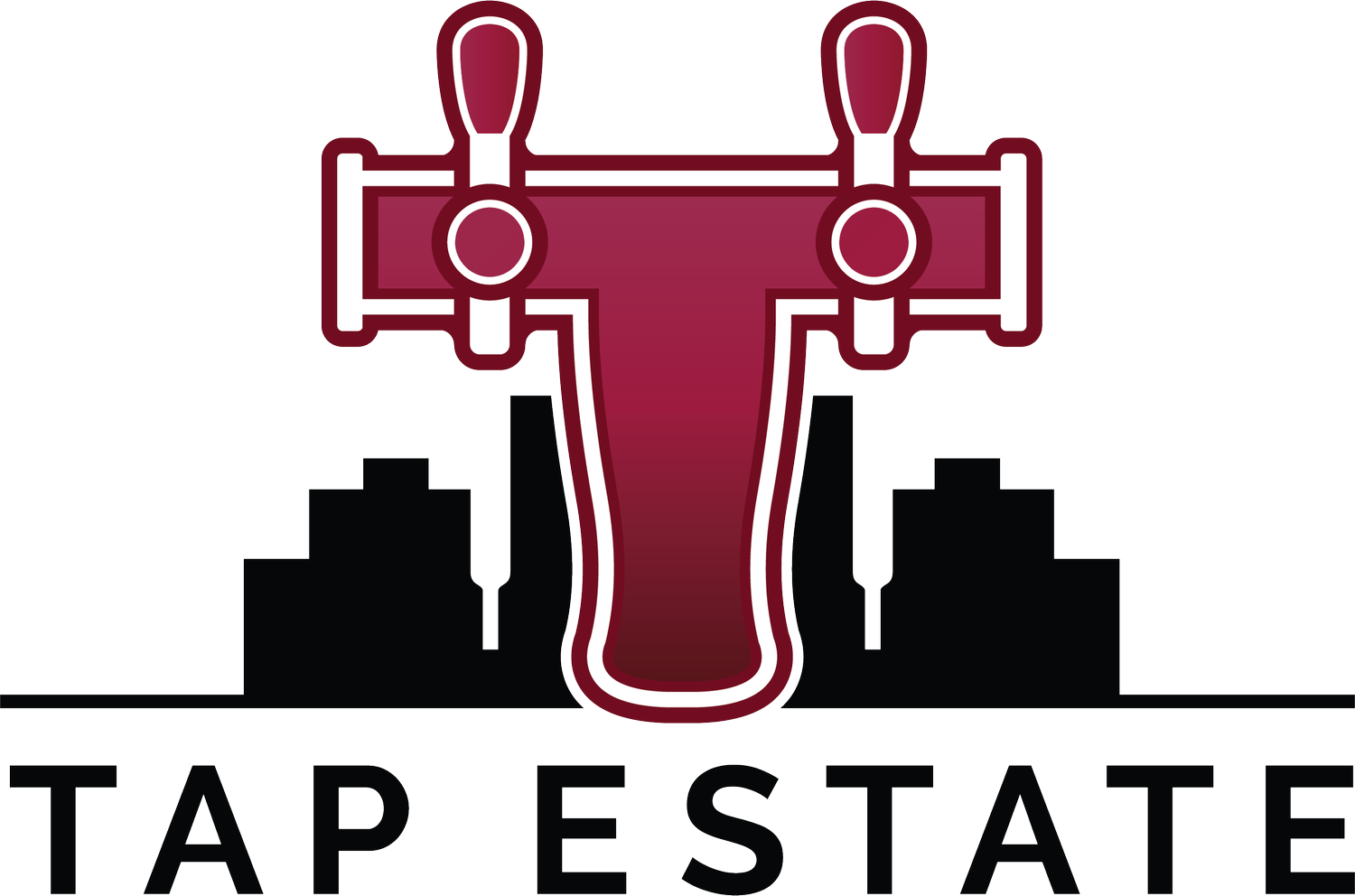A Reality Check for Canadian Restaurant Operators
The Canadian restaurant industry is a powerhouse, generating a staggering $114 billion annually and contributing 4% to the country’s GDP. Post-COVID, restaurants, bars, and pubs have only gotten busier, with industry projections showing a nominal sales increase of 3.9% in 2025. However, when adjusted for inflation, real growth is a mere 0.8%. This means that despite the hustle, many businesses are spinning their wheels—working harder than ever but barely moving forward. Operators are exhausted, some even burnt out. It’s time to ask the hard questions: How do we break this cycle? How do we actually increase profitability instead of just surviving?
Recently, I visited a bar in Brantford, Ontario, and spoke with the owner, who echoed these frustrations. She had been open for 2.5 years and hadn’t seen a single dollar in profit. She believed her veteran servers—some with over 40 years of experience—didn’t need training. They already knew what they were doing. Right?
Wrong. The industry has evolved dramatically over the past four decades. If anything, experienced staff need updated training just as much—if not more—than newcomers. The truth is, the Canadian food and beverage industry needs to be taken more seriously than ever before. If we want to see the rewards of our relentless effort, we must start treating this business with more strategy and intention. And that begins with a fundamental shift in how we view our staff.
Your servers and bartenders are not just order takers. They are your sales team.
Too often, we talk about the hospitality industry as if it’s different from other businesses. But at its core, a restaurant is still a business, and businesses exist to make money. Sales drive revenue. So why aren’t we training the people responsible for our sales accordingly? Servers and bartenders directly impact your bottom line, yet many operators fail to give them the sales training, accountability, and targets necessary to maximize their potential. These employees can make or break your business. In today’s competitive landscape, your survival depends on transforming your front-of-house team into sales professionals.
Like any successful sales force, your team needs support, structure, and the right tools. As an operator, it is your responsibility to create systems and strategies that set them up for success. But what does that look like?
It starts with your product. You can’t sell what you aren’t proud of. Your restaurant’s presentation—from the parking lot to the menu—needs to reflect excellence. Cleanliness, branding, ambiance, and consistency are the foundation. But that alone isn’t enough. Without a revenue-driven sales strategy, you’ll still be that hamster on a wheel—working tirelessly with no real growth.
The next step is equipping your sales team with the tools to increase revenue while enhancing the customer experience. Sales isn’t about pushing products—it’s about fulfilling customer needs. Every item on your menu, every special you run, and every promotion you offer should serve a dual purpose: improving guest satisfaction while driving profitability. Something as small as suggesting a premium side or recommending a specialty cocktail isn’t just “upselling”—it’s crafting a superior experience for your guests while increasing revenue for your business.
Look around. People are willing to pay for better experiences in every industry. They buy fast passes at amusement parks, premium seats at concerts, and top-tier electronics. Why should restaurants be any different? Your servers should be trained to position your offerings as value-added experiences, not just transactions.
Now, let’s talk about your most valuable asset—your staff. If they are the heart and soul of your business, why wouldn’t you invest in them? Training isn’t optional; it’s a necessity. By developing your team’s sales skills, you’re not only increasing your revenue but also empowering them with valuable expertise that will serve them for life. Implement incentive programs that reward sales performance. Foster a culture where staff take pride in delivering exceptional service and maximizing each customer interaction. When you invest in your people, they invest in your business.
It’s time to stop making excuses. Your staff has the potential to elevate your business to new heights—but only if you equip them with the right knowledge, skills, and mindset. The difference between a struggling restaurant and a thriving one isn’t just in the kitchen—it’s on the floor, with the people who sell your product every single day. Train them, empower them, and watch your profits grow. The future of your restaurant depends on it.
